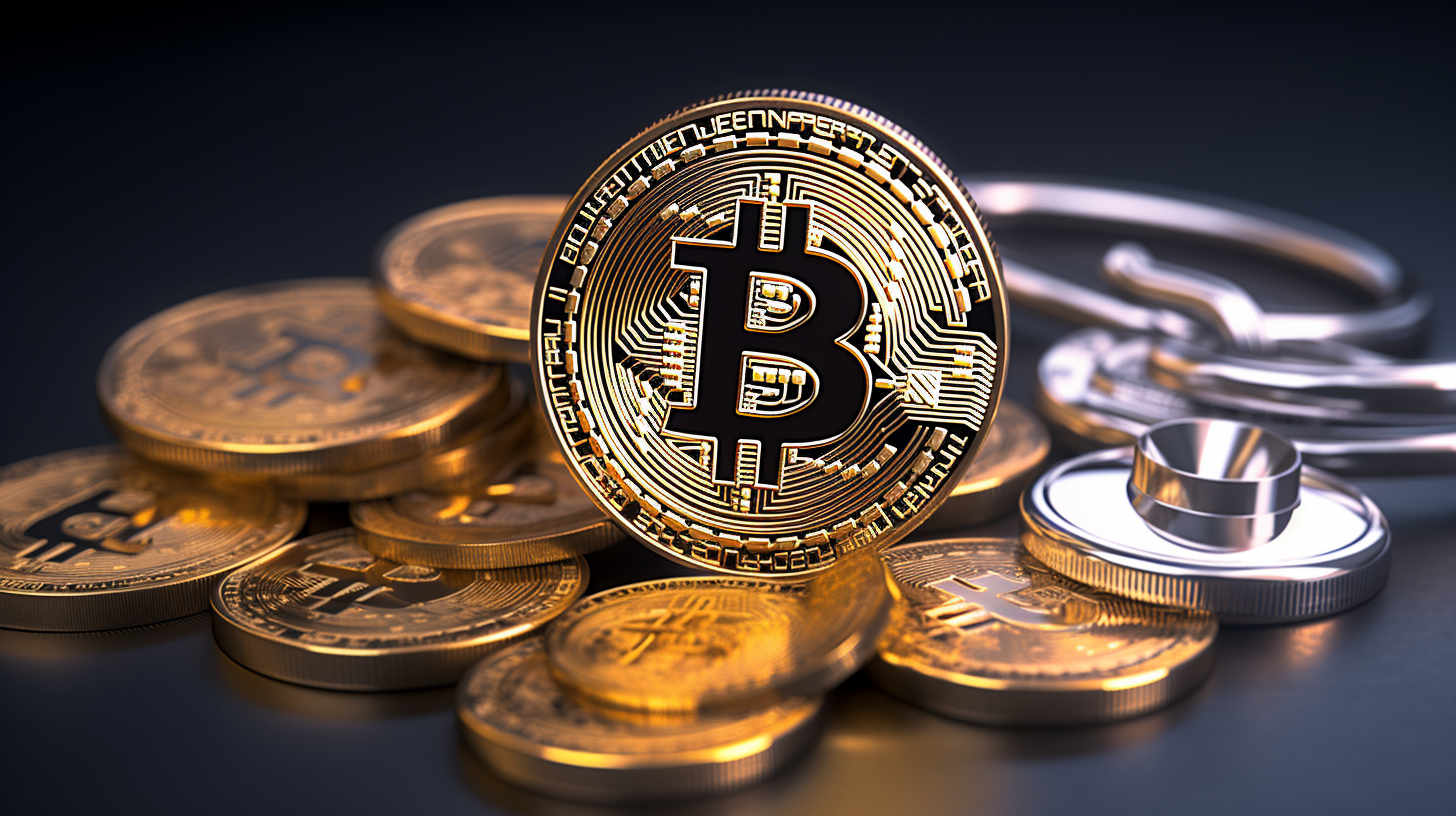In a world where cryptocurrency is no longer the future but the present, a quiet revolution is taking place in a sector that affects us all: healthcare. From the secure exchange of medical records to the automatic processing of insurance claims, blockchain technology is redefining how we manage and experience medical services. The premise is simple yet powerful: a decentralized ledger that can be used to record, track, and secure a wide range of transactions. When applied to healthcare, the implications are staggering.
‘Health on the Chain’, as some enthusiasts call it, is not just a pie-in-the-sky idea. It’s happening right now, and the impact on patient care, data security, and healthcare costs cannot be overstated. Imagine a world where medical records are no longer siloed within the walls of individual healthcare providers but are instead part of a global, immutable record accessible by authorized personnel anywhere at any time. This is the world blockchain promises.
One of the crown jewels of this new healthcare paradigm is smart contracts. These are self-executing contracts with the terms of the agreement between patient and provider directly written into code. They can automate processes such as billing, consent, and compliance, drastically reducing administrative costs and the potential for human error. Picture a system where, upon receiving service, your medical providers are automatically and transparently compensated through crypto transactions without the usual mound of paperwork.
The Vaccine Ledger
Amid the lingering shadow of global pandemics, the blockchain has offered a way to track vaccine distribution with an efficiency and clarity previously unthinkable. Each vaccine batch has a unique identifier, traceable from manufacturer to recipient, ensuring authenticity and helping to prevent fraud. ‘The Vaccine Ledger‘, now a common term in our lexicon, stands as a testament to blockchain’s transformative potential.
Genomic Data and Research
Blockchain extends its reach into the realm of genomic data and personalized medicine. With the security features of a distributed ledger, patients can take control of their genetic data, choosing to contribute it to research securely and with clear parameters of use. This has turned the traditional model of medical research on its head, as anonymity and patient consent are baked into the very framework of the data collection.
Interoperability between different healthcare systems is a monumental challenge of the current healthcare landscape. Blockchain offers an elegant solution. Through a distributed ledger, different healthcare information systems can communicate more smoothly and efficiently. By having a common infrastructure, the age-old problems of incompatible systems seem surmountable. As a result, patient care becomes more cohesive and any healthcare professional can provide the best possible care with the full context of a patient’s medical history readily available.
Despite these benefits, blockchain is not without its challenges. Concerns surrounding privacy, scalability, and the initial cost of implementation are significant hurdles. Plus, the idea of such a sweeping change is met with understandable trepidation from medical professionals and patients alike who are concerned about control and security. It is vital to proceed with caution and to ensure that robust safeguards are built into the system.
Concluding Thoughts
As we stand on the brink of a healthcare revolution, it’s important to remember that the blockchain is simply a tool, albeit a powerful one. It’s a technology that, when used wisely, can enhance privacy, efficiency, and accessibility in healthcare. It offers the tantalizing possibility of a healthcare system that is more connected, transparent, and equitable.
The notion of placing our health in the ‘chain’ may seem daunting, but the potential rewards are too great to ignore. Imagine a world where you can walk into any medical facility and receive personalized care based on an entire medical history that is secure, up-to-date, and complete. That’s the promise of healthcare on the blockchain—a prescription for revolution.
